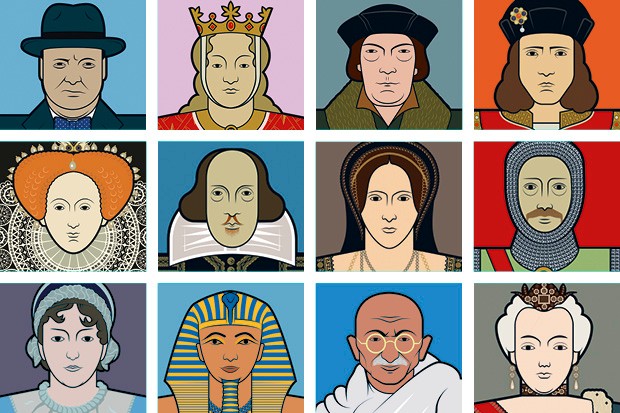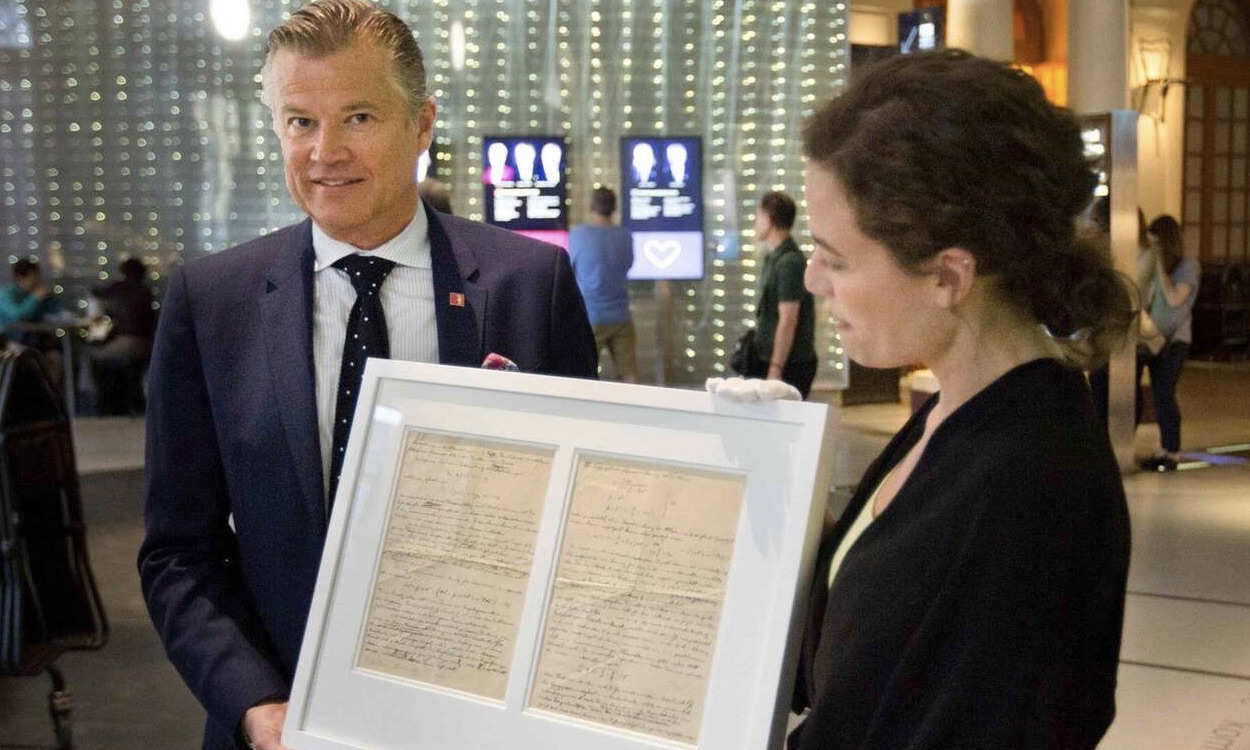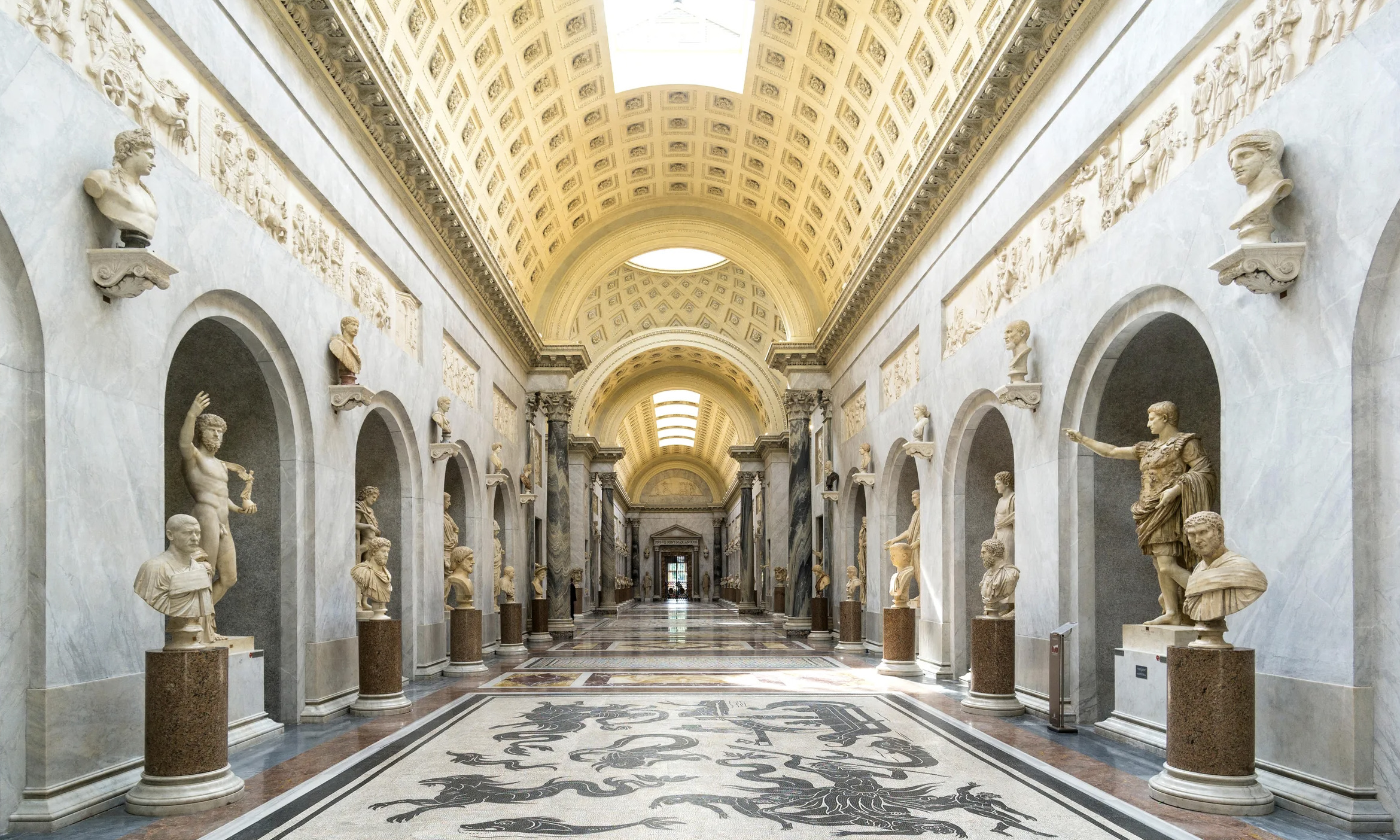Alexander Bitar Foundation is a non-profit organization with the mission to preserve and strengthen historical heritage. The Foundation is part of Alexander Bitar History.
STORIES

WHY IS HISTORY IMPORTANT?
Everything you think you know is historical. Everything comes from past experiences. And the question is – what do we do with all the past experiences?
Let’s begin by answering a straightforward question: what is history? History involves human beings and their actions, and how that has impacted the world. It’s not about learning a specific year of a particular event. History teaches you how to think, and it navigates the present moment. Some would, however, say that history only belongs in the past. Such a statement is widely incorrect. The fact is that history is the past, the current, and the future. What happened in 1776 is continuing right to the present day, and we’re all a part of it.
It’s not possible to overestimate the value of history. Knowledge is king. And history is knowledge. If we look around, everything we see is history. And there’s no greater way of learning than to analyze the past. That gives us valuable information of what to do in the future, and more importantly, what not to do in the future. Furthermore, we also get an insight into why the world is in its current state. And lastly, understanding the past gives us critical thinking skills to question and develop our society.
Everything that has happened in a person’s past impacts who they are in the present. This way of thinking is accommodating to everything. If you don’t understand the past, you’ll never understand the present.
History is connecting yesterday with tomorrow. And that’s why history is important.
/Alexander Bitar

THE EINSTEIN CHARITY
On October 1 in 2018, Alexander Bitar History had the great honor of announcing a truly remarkable and vital charity sale regarding one of the most significant Albert Einstein papers in private hands. The lot would be offered by Stockholms Auktionsverk, the world’s oldest yet active auction house. The unique charity auction included a requirement that the highest bidder would obligate to donate the manuscript to The Nobel Prize Museum in Stockholm; hence it would forever be available for public view.
The item in question is the very first published work by Einstein after receiving his Nobel Prize in physics in 1922. In the manuscript, Einstein incorporates a variant of his General Theory of Relativity from 1915. Another remarkable feature is that the manuscript was owned by Nobel laureate Max von Laue for more than 25 years. It’s simply the ultimate Nobel item!
The manuscript was successfully sold on December 5, 2018 for a record price. On June 18, 2019, the ceremony was held at The Nobel Prize Museum in Stockholm, where the manuscript was officially handed over by the donor Per Taube. Mr. Taube stated that “this is a very unique document that we want many to enjoy; thus we felt that The Nobel Prize Museum is the best home for the item”.
Erika Lanner, the museum’s curator, said that “the interest of Albert Einstein is always huge among our visitors; this manuscript helps us to tell the story about his work and the situation regarding his Nobel Prize, which in fact wasn’t given for his Theory of Relativity”.
Alexander Bitar Foundation would like to take this opportunity to publically thank Mr. Per Taube for his great generosity. It’s people like him that enrich history and help cultural heritage grow stronger for the next generations.
/Alexander Bitar

WHY DONATE TO YOUR LOCAL MUSEUM?
There are many reasons why you should donate to your local museum. The donation could consist of money, historical items, or volunteering help. We at Alexander Bitar Foundation encourage all to donate if possible. But why should you donate? Well…
DOCUMENTING THE LOCAL STORY
History is endless. It’s easy to only pay attention to the mainstream figures and historical events. But one can’t ignore the importance of highlighting all kinds of history. That’s why it’s essential with the existence of local museums. They may tell the story of a small town, which no one else is telling. A local museum is a showcase for the greatness of its town. It’s a gathering of all good (and bad) things that shaped the town, and it’s a good way for locals to understand how and why the town looks like it does.
PRESERVING THE PAST
Museums are the gatekeepers of incredibly large quantities of historical items in their archives and collections. One unique attribute with historical items is that they live longer than humans. There are no people from the 16th century alive. However, there are a vast number of items from that period that are still with us. Items of such kind make us understand the past. Museums are extremely keen on preserving historical items in their original condition, which is why pieces of history can live in perpetually.
CULTURE AND ENTERTAINMENT
Museum educates residents and visitors, offering a glimpse into the lives, hopes, and dreams of everyone who has come before us and fostering a sense of pride and inspiration for future generations. The best way to learn is to have fun at the same time. A combination of education and happiness is key. Many museums work closely with their local community by creating entertaining and educational events and happenings.
RESEARCH AND LEARNING
Museums offer their historical items to scholars and researchers to gain more information about the past. The prime reason for preserving history lies in educating the next generations. Many museums offer educational programs for people of all ages. Programs of such kind have the potential of bringing new interest in history, which is wonderful since knowing the past is key to knowing the present and the future.
/Alexander Bitar
1 / 3
© 2020-2022 ALEXANDER BITAR FOUNDATION
Strandvägen 1
114 51 Stockholm
Sweden
+46 70 434 86 00
Info@AlexanderBitarFoundation.
